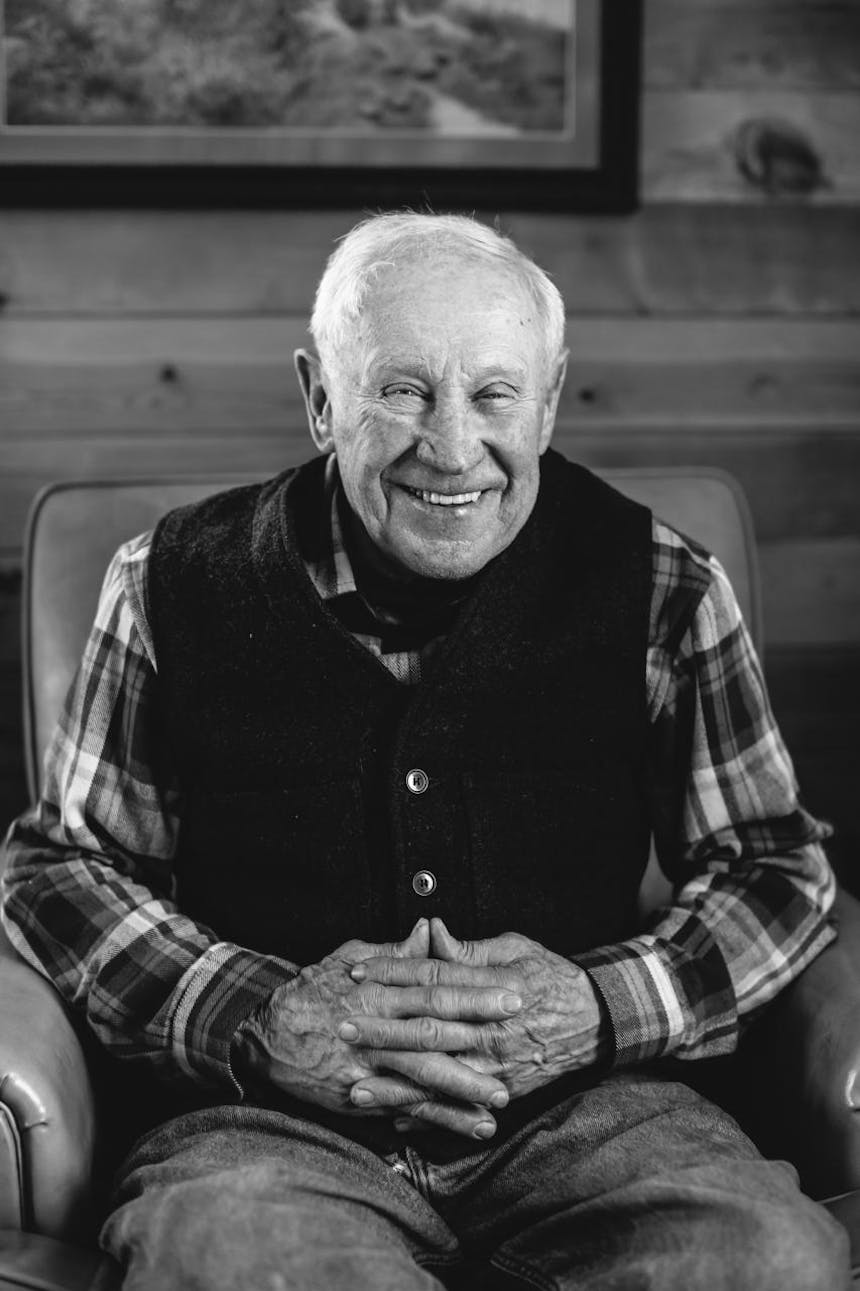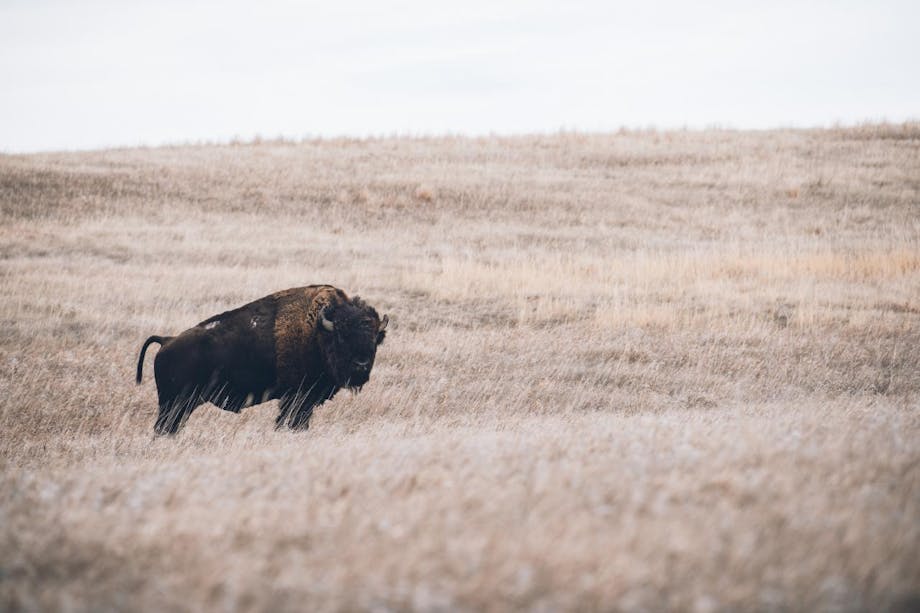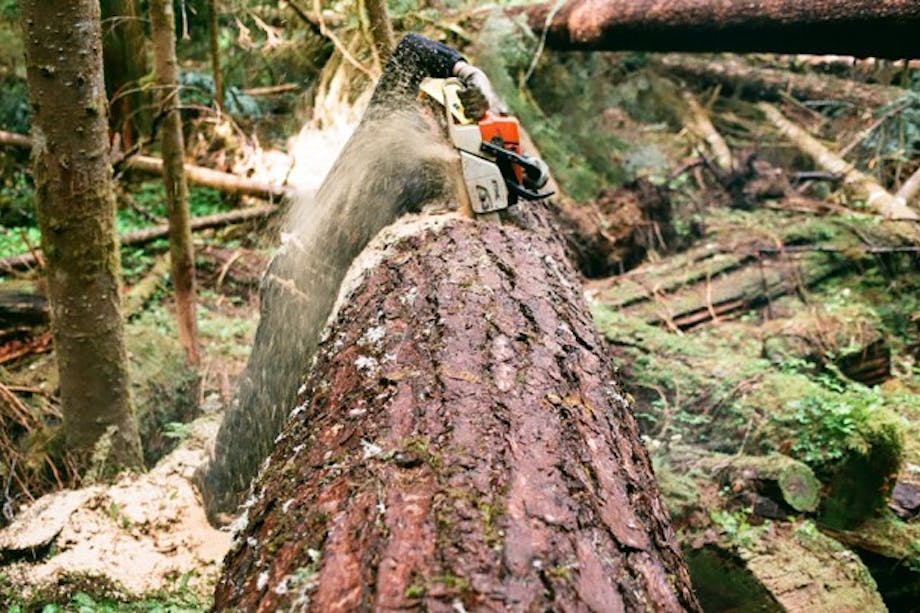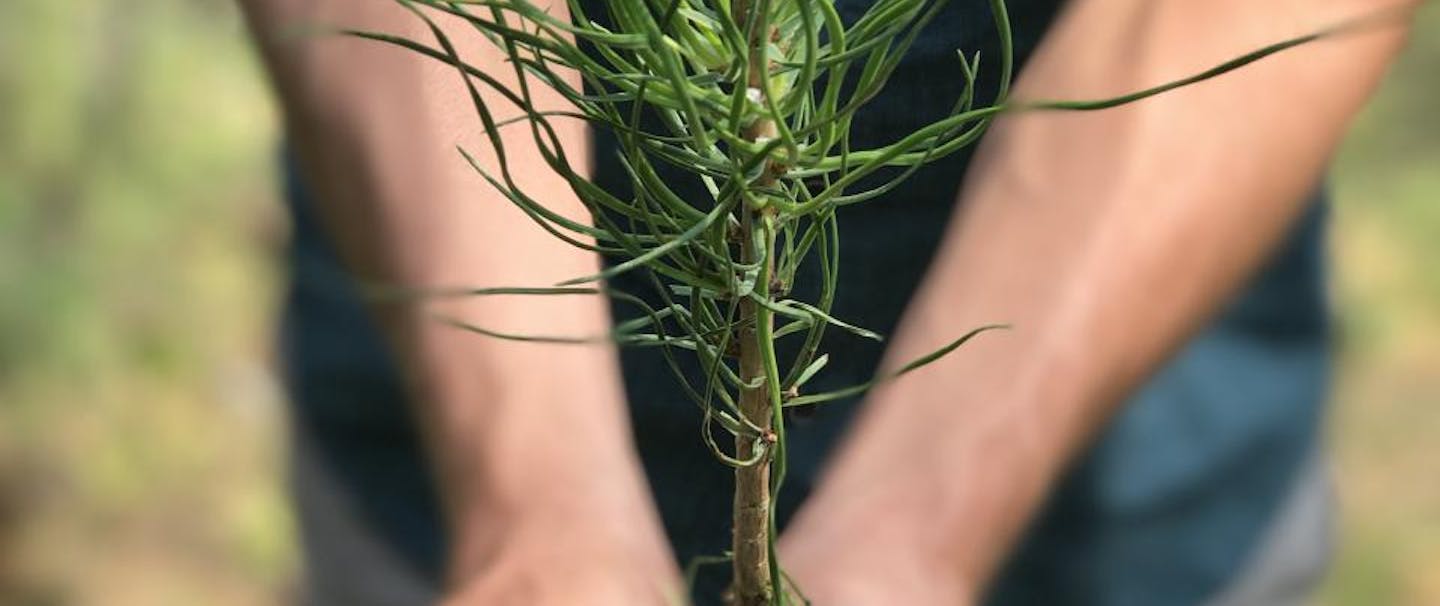In August of 1953, 18-year-old Jim Posewitz stepped off an overnight train onto the platform in Bozeman, Montana. He’d come west for the first time on a scholarship to play football for the Montana State College Bobcats. Over the next few years, Jim, known as “Poz”, would prove to be a pretty darn good football player, his college career culminating with the Bobcats undefeated ‘56 season and first ever National Championship. But this championship, while noteworthy, would be a small footnote to an extraordinary life dedicated to a higher calling.
Poz writes about the moment he knew Montana was home in his recent memoir, My Best Shot. It was in November and he’d accompanied a teammate home to Northern Montana for the Thanksgiving holiday. “The night was moonless, clear, and November crisp. For the first few paces beyond the cabin door my eyes were glued to the path. Then, rather slowly looking skyward, I beheld the cosmos wrapping itself around me from horizon to horizon in a massive dome of sparkling brilliance that literally drove me to my knees….there was not a lightbulb within 60 miles in any direction….from that moment I knew I was home.” Since that time he’s never lived outside of Big Sky Country.

This past spring I traveled to Helena to meet Poz, photograph and interview he and his wife Gayle for Backcountry Hunters and Anglers, a conservation group headquartered a few hours away in Missoula. My biggest impression of the man—now 83—was his great big smile, quick laugh, and clear-headedness. I took photos while he recounted conservation triumphs and tales of time spent in Montana’s backcountry. Before leaving, he took me out into the cold, nimbly crossing snow and ice to a storage shed full of memorabilia from countless conservation campaigns waged over the past fifty years.
Poz is more than a retired field biologist, he’s a historian of the American Conservation Movement who speaks of people like Teddy Roosevelt, D’ing Darling, and Aldo Leopold with familiarity. He’s an outdoorsman and author who’s now published five books and has done as much as anyone to shape the modern hunter’s ethic. And now—perhaps most importantly—he’s into his eighth decade of practicing what he preaches, embodying the ideology of the American hunter and steward.

The North American Wildlife Conservation Model | “The Democracy of the Wild”
Poz: It’s been a unique experiment. Sixty-six years after the Declaration of Independence, the Supreme Court decided that the rights and privileges formerly held by royalty are passed to the people. [Posewitz calls this the “Democracy of the Wild”—every citizen has the right to hunt and fish] Sixteen years later, Teddy Roosevelt is born. He becomes the consummate conservationist. He introduces the sporting code and begins the restoration of wildlife in North America. Sixteen years after Roosevelt dies I’m born. By this time we have just about liquidated the continent clean of wildlife. The buffalo were down to a handful hiding out in Yellowstone. That’s the length of this experiment.
Joel: So, for the first 125 years of this “experiment”, every citizen had the right to take wildlife, but no one took responsibility for maintaining healthy populations.
Poz: Now I am eighty-three and we have deer in our cities, bears in our orchards, and goose dung on every golf shoe in America. They were put back there by the hunter. As our culture and society matures, we must instill the conservation ethic in hunting to continue having it within a democracy.
Joel: Right. If everyone can hunt and fish, then everyone bears the responsibility to conserve wildlife. It’s a delicate balance.

Poz on the Misconceptions of Hunting
We must conclude that hunting is a cultural value worth nurturing. And so we must tell the story of a place, not from the perspective of who stumbled in to exploit it, but rather who came along to restore and preserve it’s finest assets. I went through two degrees of fish and wildlife management at Montana State and never one credit hour in history, philosophy or ethics. We were supposed to be objective scientists but in a democracy I don’t think that’s good enough. It’s okay to care, even if you are a scientist. Sure, don’t screw with the data but it’s important nonetheless that you not leave your emotions, feelings, and instincts out of the debate of how we’re going to live on this planet.
Poz on the Future of Hunting
Like anything in a democracy, it’s what you make it. This process of restoration over the last century—it’s multi-generational now, but nonetheless within my lifetime. I was born in ’35. When I was two years old, Congress passed the Pittman-Robertson Act. That put a tax on firearms and ammunition. The industry and the hunter backed it. Now we are 80-some-years out and enjoying a marvelous abundance. Most people enjoying wildlife and wild places have no idea what it’s been through. When you take the time to learn your history—how this restoration occurred and what it required—you have a much higher level of respect and appreciation for it.
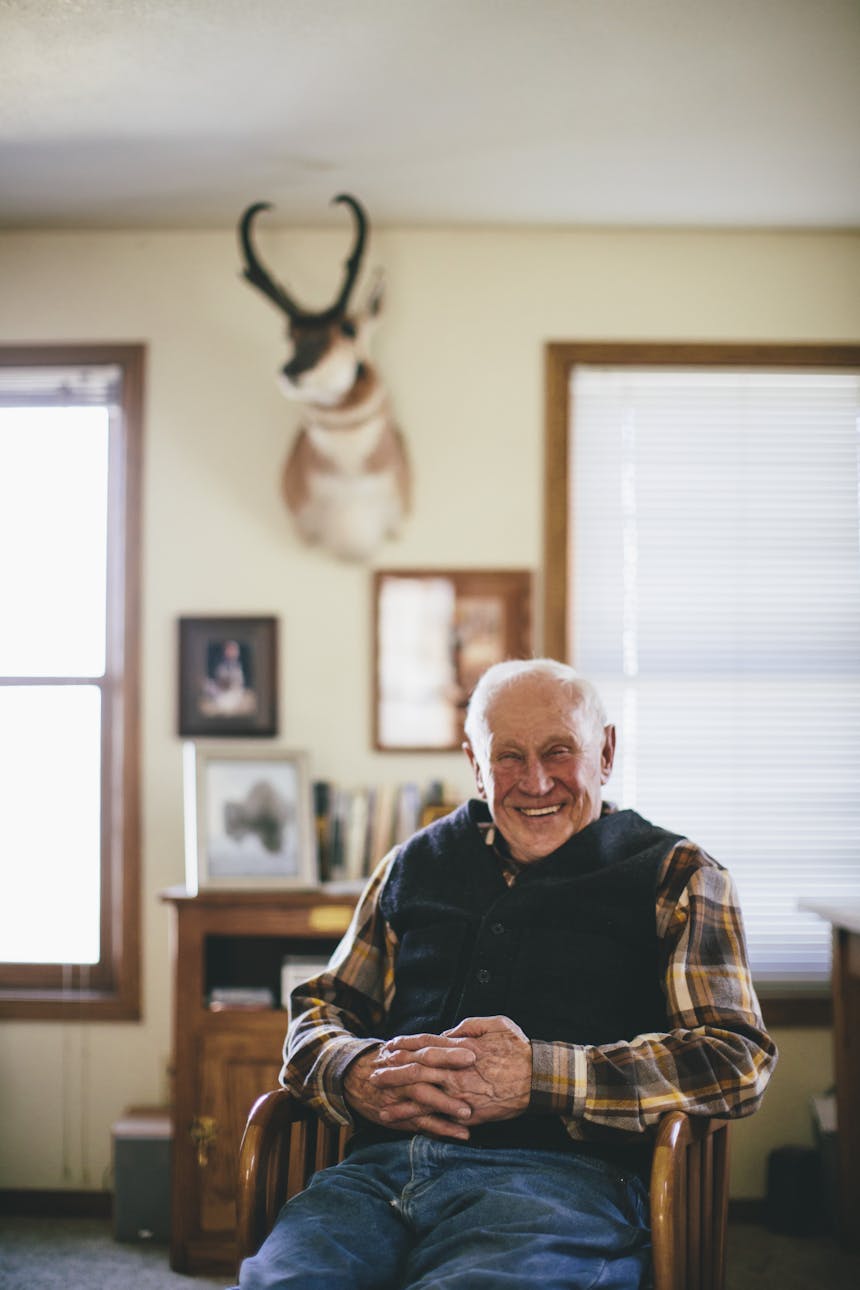
Poz on the Importance of Ethical Hunting
What’s become socially and culturally challenged is the casual killing of wildlife. In most people—inherent in human nature I think—there is a conservation ethic. It just makes so much sense to talk about sustained yield and managing resources—considering the welfare of the animal as well as the opportunity to engage in fair chase hunting. Every state in the union has deer season. Hundreds of thousands of people go to the field filled with excitement and anticipation. Initially your objective is to kill something. But if you take a moment to broaden hunter education—to explore all aspects of our relationship with what we’re hunting—you’ll see that in reality we’re one in the same.
Poz on the Fight to Keep our Public Lands
I’ve studied Theodore Roosevelt for decades. He set aside 9.9% of American land for Wildlife conservation, restoration, and saving cultural amenities. Ever since the conservation movement began, there have been sources in our society trying to undo the gains—trying to get rid of public lands or exploit them. Knowing the backstory will empower each generation to defend the principles and values of the conservation movement. The first step is to simply learn how we got our public lands. Where they came from. Once you learn the story, it all becomes less casual. As you gain real respect for the wildlife, all this antler and horn stuff gets laid behind. What becomes important is that you’re out there, having the experience, measuring it all the time. Is the hunting getting better, getting worse?
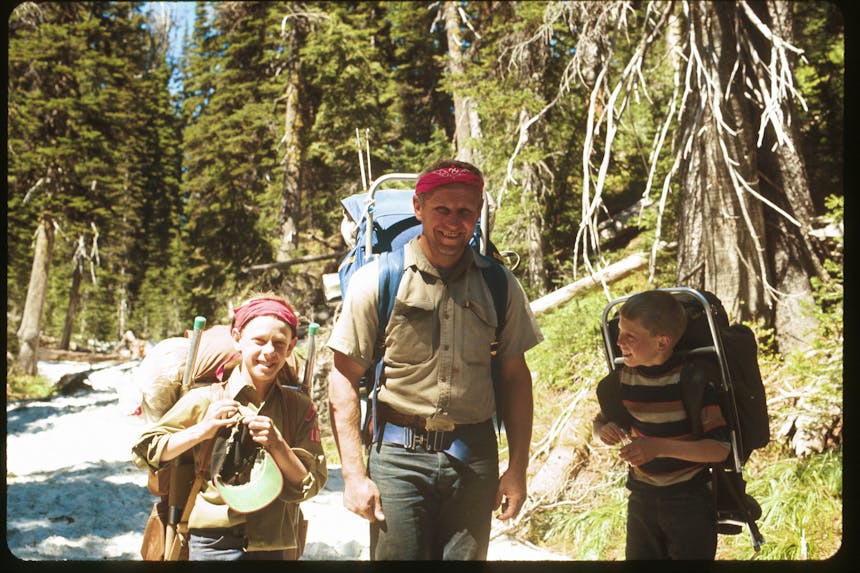
Poz on Trophy Hunting
So I’m hunting over in a roadless piece of National Forest land. It’s just predawn. A father and two sons come up the same trail that I’d walked in on. The father halts the boys and they stand there like poster boys fresh out of Hunter’s Ed—paying close attention, guns under complete control and pointed in a safe direction. We’re on public land pursuing a restored wildlife resource. The father tiptoes up to me and whispers, “We don’t want to get ahead of you.” He was going to defer to this old duffer sitting in the way! I’m so into Teddy Roosevelt’s writings that I remember this passage:
“That we do these things for the generations within the womb of time”
Here are three generations, meeting on a national forest which Roosevelt had a hand in creating, pursuing wildlife which the public interest helped restore. The generations within the womb of time. And then the dad tells me that the young boy has a permit to shoot a cow elk if he sees one. I look at the boy and give him a big thumbs-up-smile. His face literally lights up in the dark with excitement—the communication between an old hunter and a kid out on his first hunt. I told them, “I want you in front of me!” So they move on up the ridge and I’m left thinking of another TR passage:
“The things accomplished…were of immediate consequence to the economic well-being of our people. In addition, certain things were done of which the economic bearing was more remote, but which bore directly upon our welfare, because they add to the beauty of living and therefore to the joy of life.”
I sat there and I balled. There it all was. That was a trophy experience.
